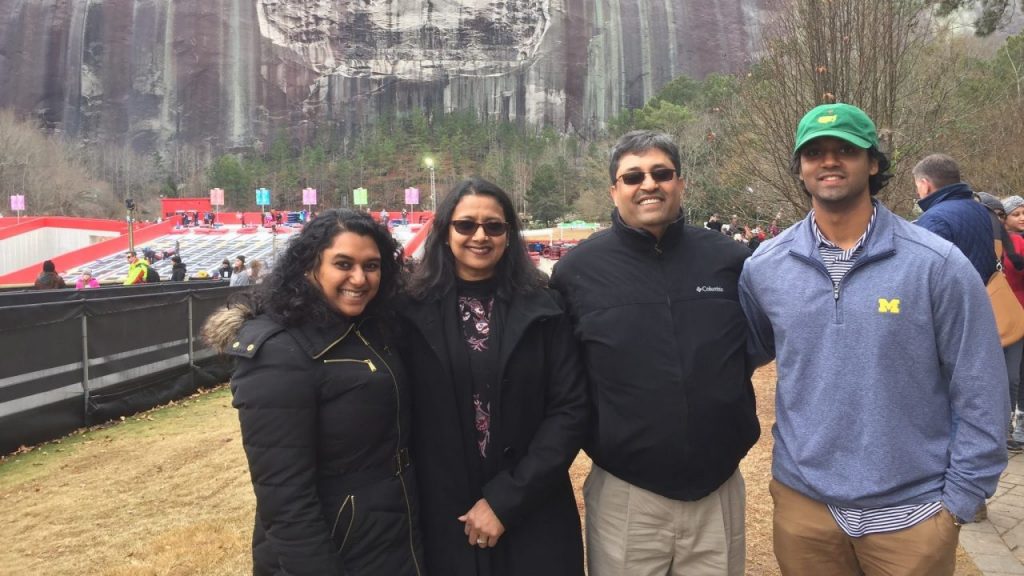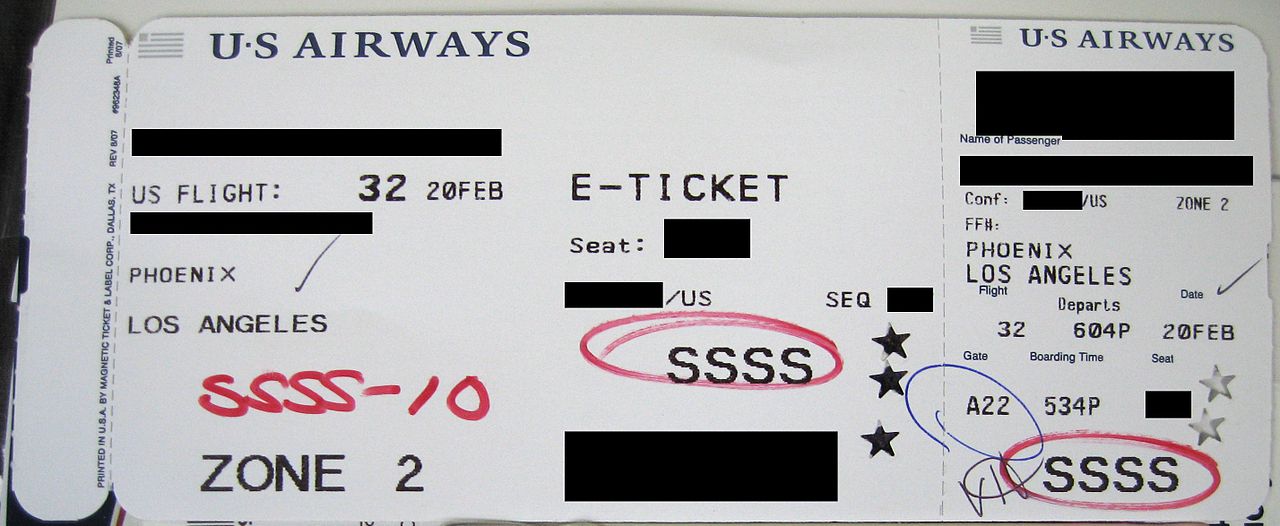Tracked and Traced: How thousands of American Muslims ended up on the terrorist watch list
Nargis Rahman January 19, 2022In the first episode of the Tracked and Traced podcast, Nargis Rahman tells the story of two families who were targeted in the years after the attacks. Then, Pulitzer Prize-winning journalist and author Spencer Ackerman talks with hosts Antajuan Scott and Natasha T Miller about the Patriot Act and its wide-ranging impacts.

Listen and subscribe to Tracked and Traced:
Apple Podcast — Spotify — NPR — Stitcher — Google PodcastsAfter the 9/11 terror attacks, American Muslims were subjected to surveillance, suspicion and put on the terrorist watchlist — a database shared by law enforcement agencies for suspected and known terrorists — leading to fear and paranoia of Islam and Muslims. Fatima Salman first heard about the terror attacks while driving to work at a private Islamic school in Michigan where she was a teacher. “On the radio, somebody was talking about this very ominous thing that was happening. And I remember thinking, ‘What in the world is going on?” she says.
The watchlist became so abusive that anybody and their mother and their son would end up being on a watchlist with no due process, no notice, no opportunity to be heard, including babies!” —Shereef Akeel, civil rights attorneyLater that day, President George W. Bush addressed the nation. Then the Patriot Act was passed 45 days later. It provided a legal justification for wiretapping and acquiring evidence without proving probable cause. The phrase “see something, say something,” echoed around the country. Islamophobia reached an unprecedented level.

“Reasonable suspicion”
The Terrorist Screening Database, or the watchlist, is a centralized list of suspected or known terrorists created in 2003 which is shared across U.S. intelligence agencies. Thousands of American Muslims, or people perceived to be Muslims were profiled at borders, randomly selected at airports, and in some cases detained due to an agent having “reasonable suspicion.” Mariam Jukaku is a stay-at-home mother who was stopped and searched at the U.S.-Canada border after making a wrong turn. A few days later she was searched at the airport on her way home to California. “I had four S’s printed on my boarding pass,” she says.
In this episode:
- Nargis Rahman tells the stories of two families who found out they were targets of surveillance while traveling
- Pulitzer Prize-winning journalist and author Spencer Ackerman on the Patriot Act and his new book, Reign of Terror: How the 9/11 Era Destabilized America and Produced Trump
Related posts:
- Introducing “Tracked and Traced,” a New Podcast from WDET and MSU’s Science Gallery
- For American Muslims, 9/11 Changed Life in America
- Podcast: Science of Grief
Trusted, accurate, up-to-date.
WDET strives to make our journalism accessible to everyone. As a public media institution, we maintain our journalistic integrity through independent support from readers like you. If you value WDET as your source of news, music and conversation, please make a gift today. Donate today »Author
-
 Nargis Hakim Rahman is the Civic Reporter at 101.9 WDET. Rahman graduated from Wayne State University, where she was a part of the Journalism Institute of Media Diversity.
Nargis Hakim Rahman is the Civic Reporter at 101.9 WDET. Rahman graduated from Wayne State University, where she was a part of the Journalism Institute of Media Diversity.
Tags: 9/11, Patriot Act, podcast, surveillance, Tracked and Traced
